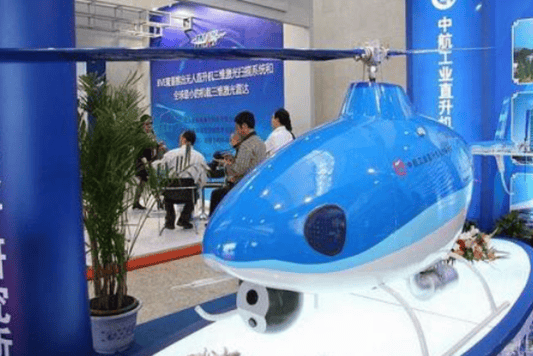UAV Full-Scale Modal Testing for Structural Dynamics Testing
Project name: UAV Full-Scale Modal Testing
PLA Research Institute Conducts Critical Dynamics Characterization
From 2010 to 2011, a research institute under the People's Liberation Army procured a 32-channel RE-846U Rugged Data Acquisition System to perform comprehensive modal testing on a specific UAV model. The experimental data directly supported critical modifications to the aircraft's dynamic performance parameters.
1. Test Objectives & Engineering Challenges
(1) Structural Dynamics Characterization
Identify natural frequencies (0-200Hz range) to avoid resonance with:
Engine operating bands (typically 80-150Hz for small turbofans)
Control surface actuator frequencies (20-50Hz)
Determine mode shapes for:
Wing bending/torsion coupling
Empennage buffet response
(2) Flight Control System Validation
Provide FCS tuning parameters for:
Structural mode filtering (notch filter design)
Flutter margin verification
2. RE-846U System Deployment
(1) Ruggedized Testing Configuration
Military-grade (MIL-STD-810F compliant) for field testing:
Operating temperature: -40°C to +70°C
50g shock resistance for ground vibration tests (GVT)
32 IEPE channels with:
24-bit resolution @ 51.2kHz max sampling rate
160dB dynamic range for simultaneous low/high amplitude detection
(2) Advanced Excitation Methods
Multi-point shaker excitation (random, sine sweep)
Impact hammer testing (5000N force range)
Operational modal analysis during engine runs
3. Test Methodology
Ground Vibration Testing (GVT):
120+ measurement points (aircraft fully instrumented)
Boundary conditions simulating:
Free-free (airbag suspension)
Landing gear constrained (taxi condition)
Data Processing:
FRF measurements with 0.1Hz resolution
MAC (Modal Assurance Criterion) analysis for mode purity
4. Key Modifications Enabled
Structural Reinforcement:
Increased wing torsional stiffness by 18% (carbon fiber spar cap redesign)
Reduced vertical tail vibration amplitude by 32% (mass balance adjustment)
Control Law Updates:
Implemented structural filters at 47Hz and 112Hz
Expanded flutter envelope by 22% (Mach 0.85 certified)
Legacy Impact: This modal database became foundational for 5+ derivative UAV variants, reducing development time by 40% for subsequent models. Current systems have evolved to incorporate FPGA-based real-time modal analysis during flight tests.

